MediaConch Newsletter No. 2 (2 Nov 2015)
 Hello! Welcome to the MediaConch Newsletter. Here we’ll be providing regular updates on all aspects of MediaConch. MediaConch is part of the PREFORMA (PREServation FORMAts for culture information/e-archives) project, co-funded by the European Commission under the FP7-ICT programme. Learn more about MediaConch here.
Hello! Welcome to the MediaConch Newsletter. Here we’ll be providing regular updates on all aspects of MediaConch. MediaConch is part of the PREFORMA (PREServation FORMAts for culture information/e-archives) project, co-funded by the European Commission under the FP7-ICT programme. Learn more about MediaConch here.
MediaConch Release Notes
October’s release of MediaConch (v15.10) features a brand new implementation checker concentrating on Matroska and EBML conformance checks, as well as several illustrative policy sets allowing users to carry out conformance checking on preservation master files, among other workflows. Last month’s release highlighted full user policy creation in the EXtensible Stylesheet Language (XSL) format. A user can now create XSL-based policies with MediaConch’s selection of conformance metadata and validators, import and export XSL policies for quality assurance across institutions, reformatting vendors, and other community collaborators.
We’ve also added additional output formatting choices for various reports including Text, HTML, and XML. MediaConch’s GUI now includes interactive jsTrees for viewing MediaInfo and MediaTrace reports; a display section for applying XSLs for HTML presentation; policy set editing in both regular and XPath freetext expression; and, refinements to stream and field information for easier policy creation.
MediaConch is available as a command line interface, a downloadable graphical user interface, and a web interface. Download MediaConch on your preferred operating system or try out our online version, MediaConchOnline.
Documentation is available on our website, as well as a follow-along user demo and files for using MediaConch CLI.
Team MediaConch in the News
On October 8, Tessa Fallon presented on FFV1 as a representative of the PREFORMA / MediaArea team at the Fédération Internationale des Archives de Télévision / The International Federation of Television Archives (FIAT/IFTA) World Conference in Vienna. Along with co-presenters Bert Lemmens (PACKED vxw) and Peter Bubestinger (Österreichischen Mediathek), Fallon conducted a 1.5 hour workshop titled “FFV1 for Preservation,” where she discussed some of the technical challenges with FFV1 and the current technical developments, including features and advantages of using FFV1 for preservation.
The Internet Engineering Task Force recently approved the CELLAR (Codec Encoding for LossLess Archiving and Realtime transmission) working group charter to focus on standardizing Matroska, FFV1, and FLAC file formats for archival use. The working group charter is currently under external review with Tessa Fallon appointed as a working group co-chair. Team leads Dave Rice and Jérôme Martinez, who have been actively working with the Matroska and FFV1 format communities to identify and resolves gaps in specifications, will soon move their work into the newly assigned CELLAR working group listserv. Those interesting in following the discussion progress can join the CELLAR mailing list here.
Be sure to also check out this great blog post on MediaArea’s involvement at the International Association of Sound and Audiovisual Archives (IASA) 46th Annual Conference in Paris.
Upcoming Events
Team leads Dave Rice and Ashley Blewer will be presenting on MediaConch at the Association of Moving Image Archivists (AMIA) Conference in Portland, OR, USA (20 Nov). The conference’s schedule-at-a-glance can be seen here.
Feedback
MediaArea is eager to build a community of collaborators and testers to participate in and use the results of the project. You can contact us here for more information.
Best,
The MediaConch team
Follow us on Twitter: @MediaConch
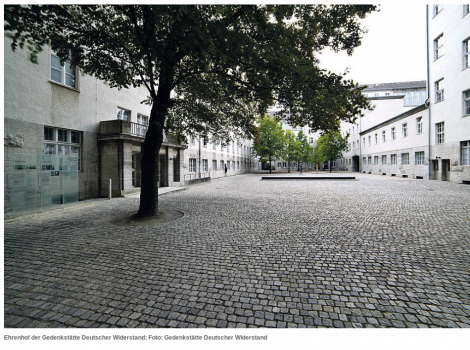 by Beatrix Lehmann, Museumsmedien
by Beatrix Lehmann, Museumsmedien

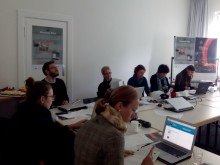










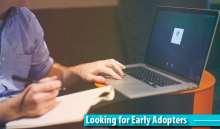

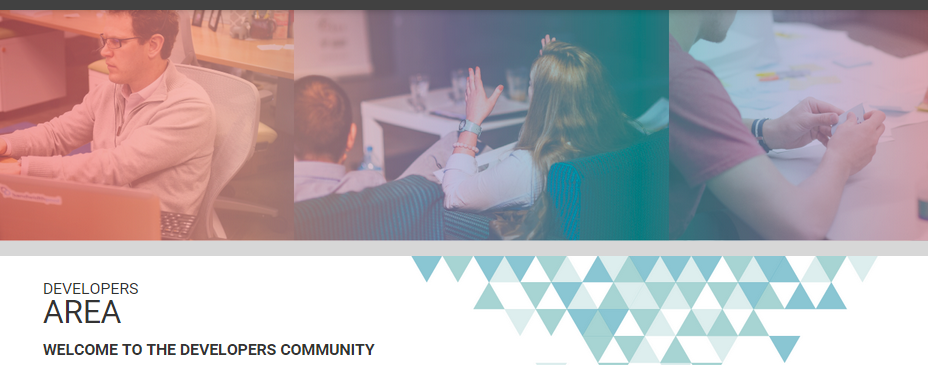

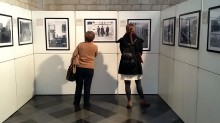
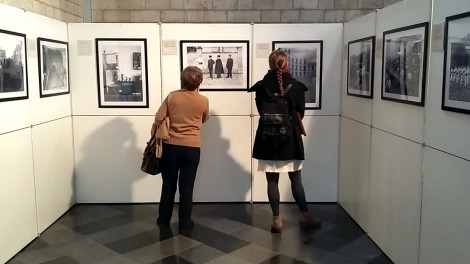
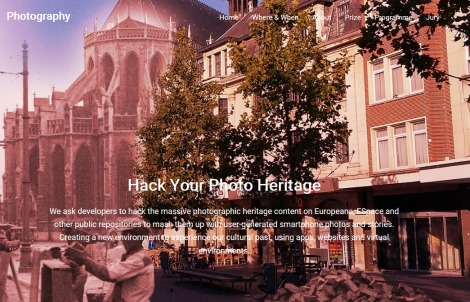
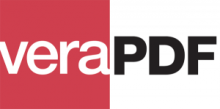

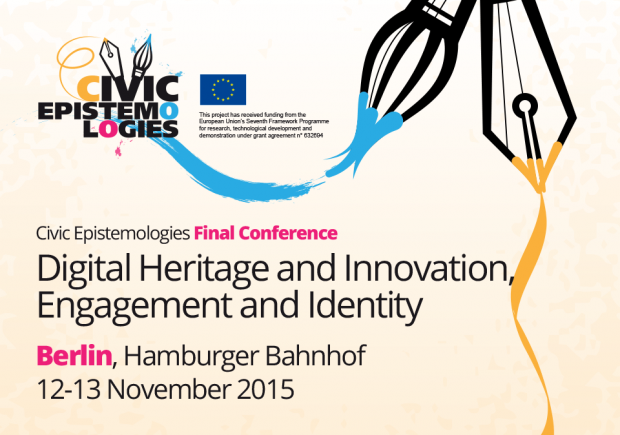
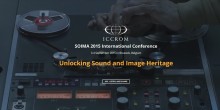
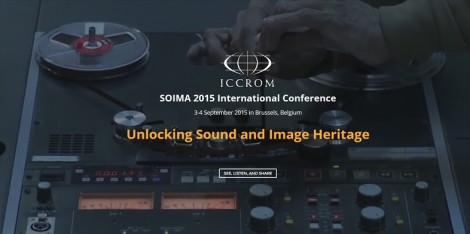
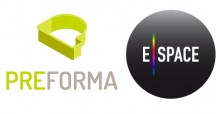
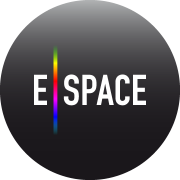 Europeana Space (
Europeana Space (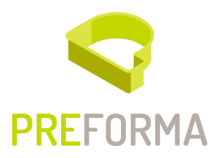 PREFORMA (
PREFORMA (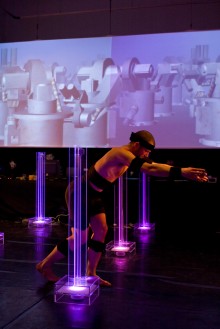
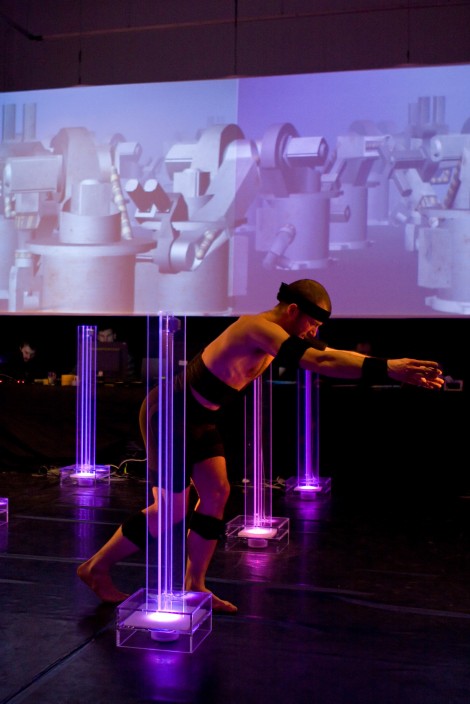
 LoCloud is a Best Practice Network that brings together a strong group of technical partners with network and regional aggregation service providers, and a number of partners representing specialised museums, public libraries and archives. LoCloud’s overall goal is to support small and medium-sized institutions in making their content and metadata available to Europeana and provides guidance, training and support services to meet the needs of content providing institutions.
LoCloud is a Best Practice Network that brings together a strong group of technical partners with network and regional aggregation service providers, and a number of partners representing specialised museums, public libraries and archives. LoCloud’s overall goal is to support small and medium-sized institutions in making their content and metadata available to Europeana and provides guidance, training and support services to meet the needs of content providing institutions.































